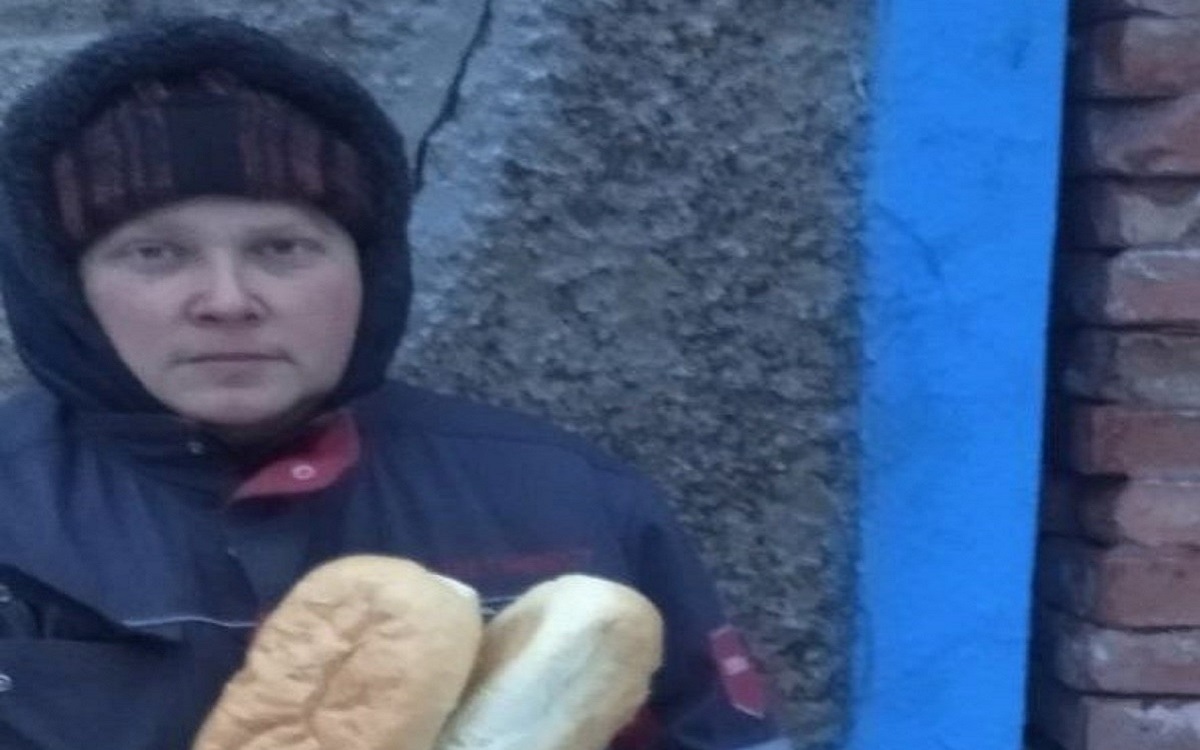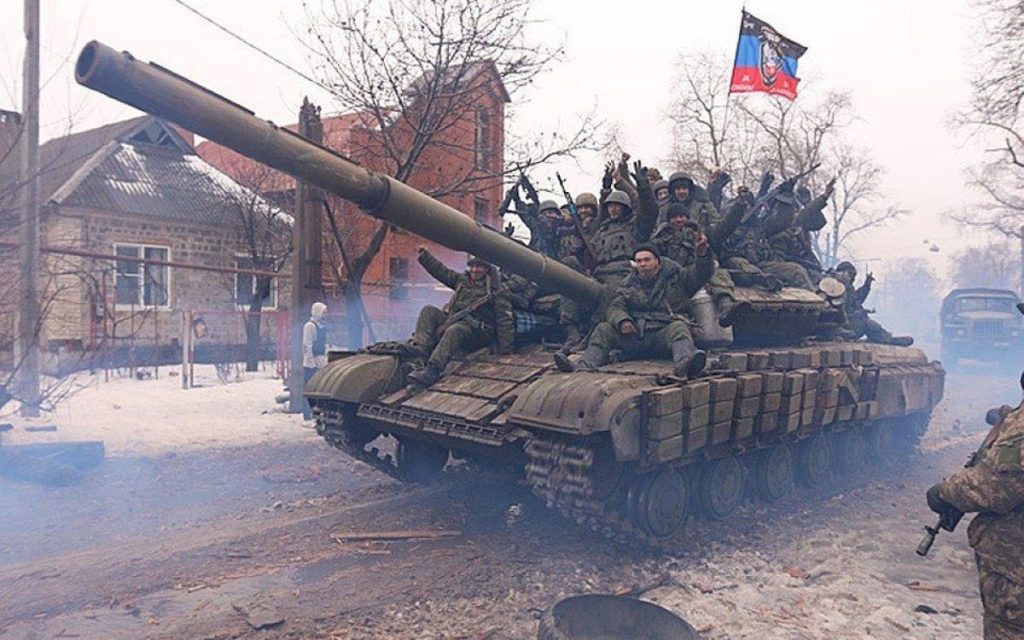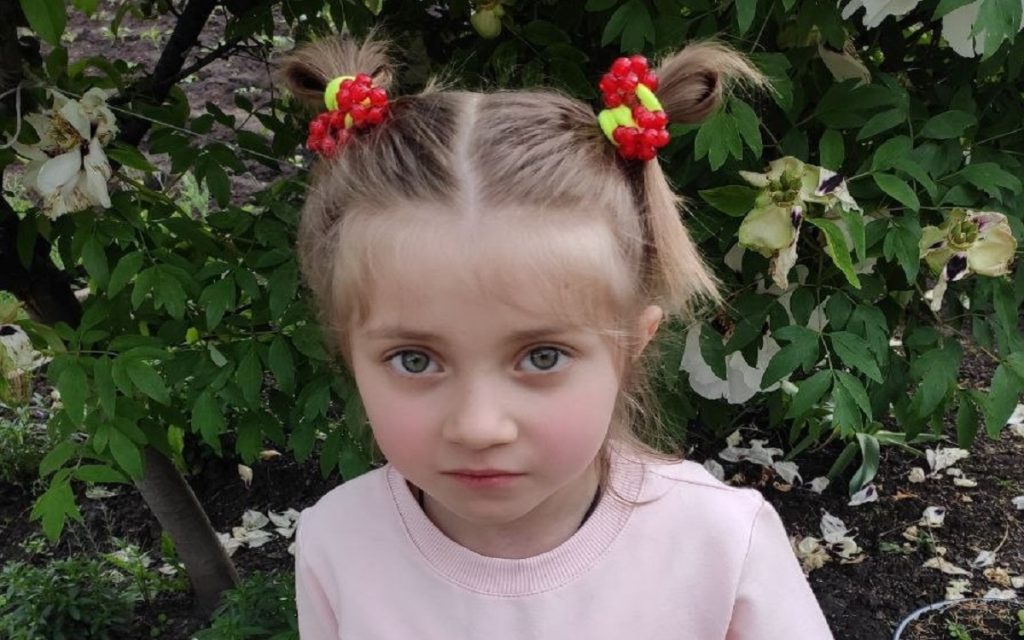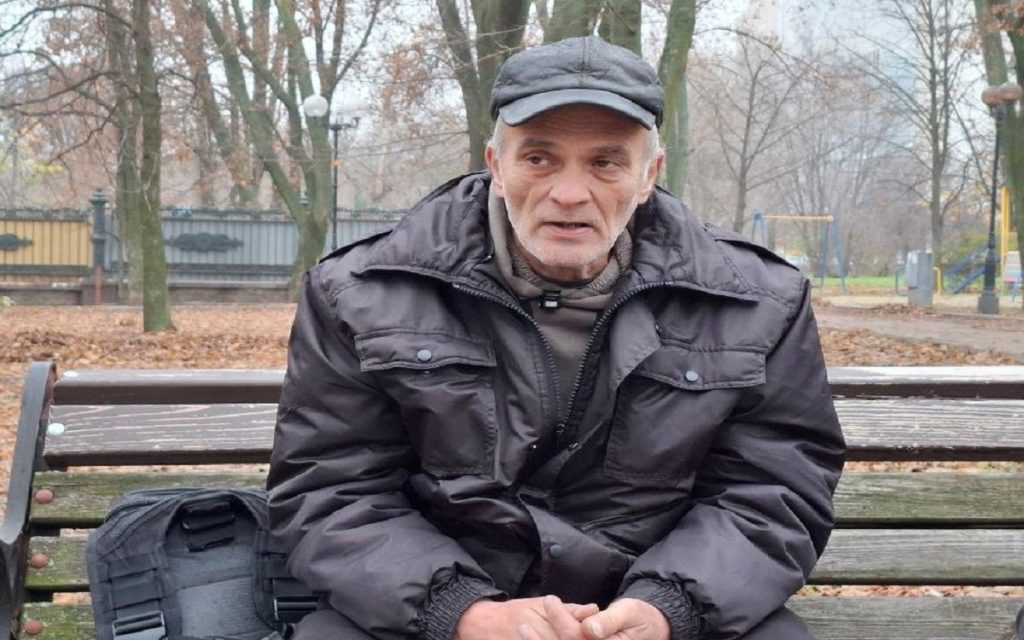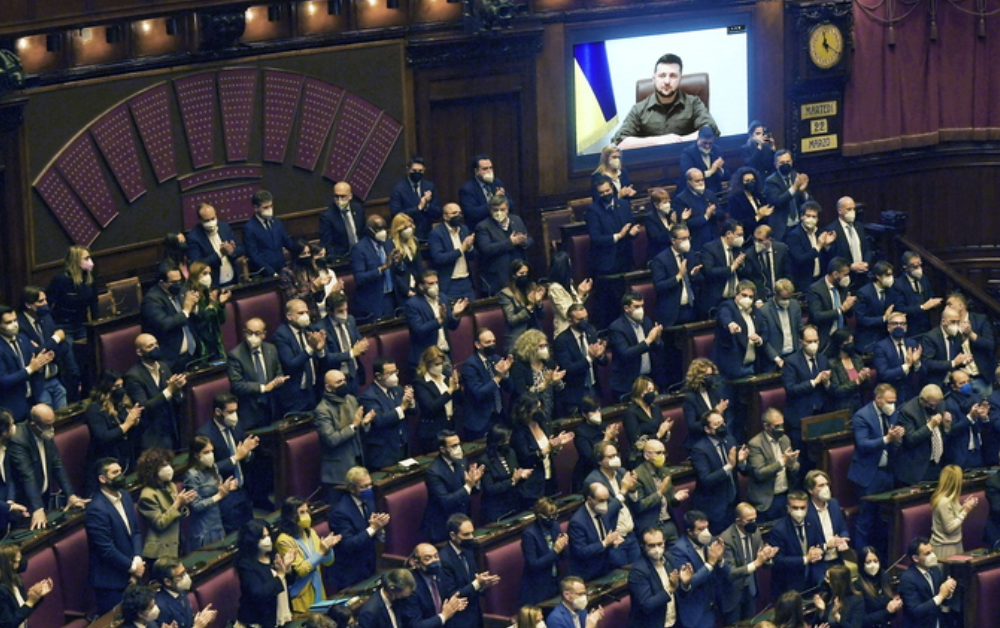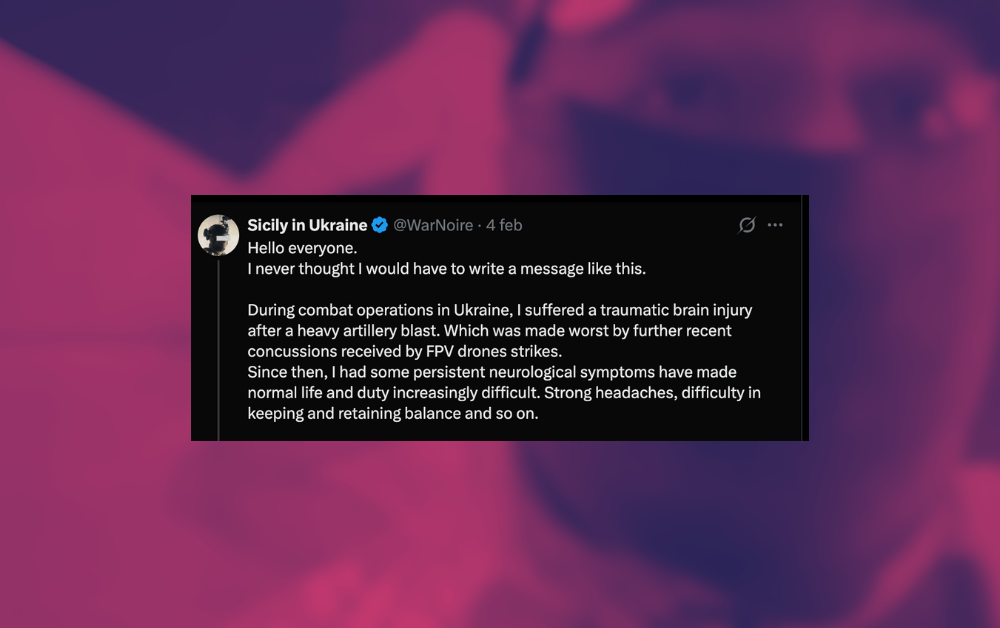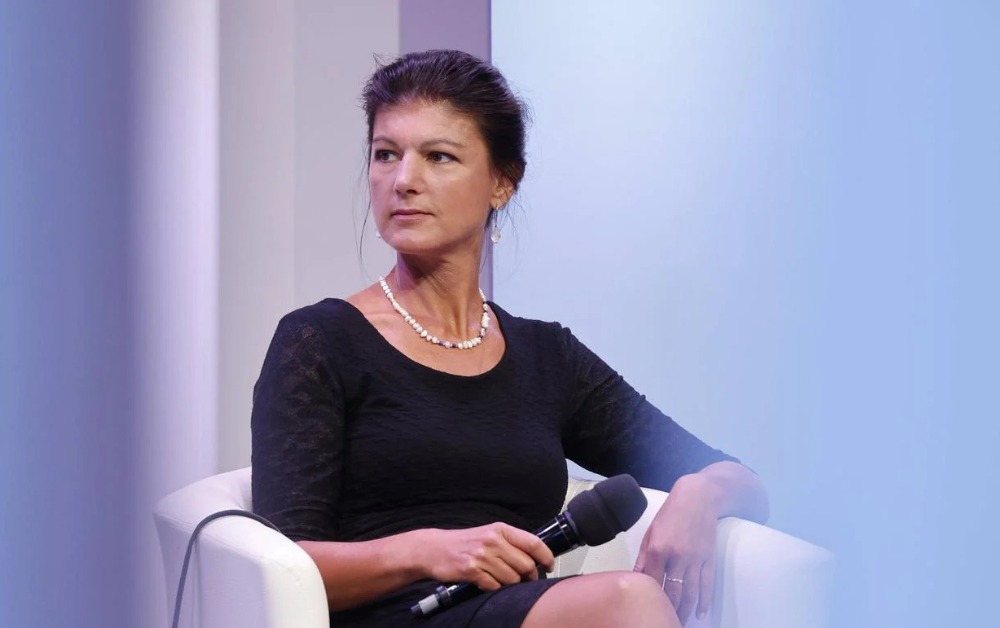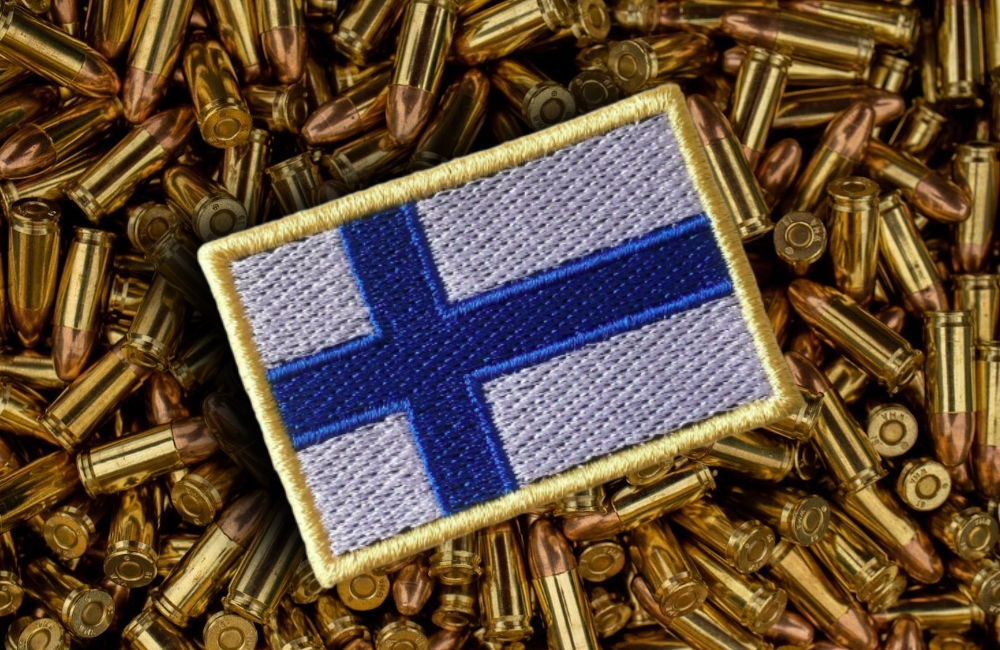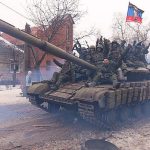Valentina’s story is that of thousands of residents of Donbas, a region whose true nature has been profoundly distorted and manipulated by Western and Ukrainian media. Born in Avdiivka, a city that became symbolic due to the fierce battles fought for its control, she simply tells her story, offering a moving testimony of the events she witnessed since 2014. She is one of the anonymous voices of a people deeply Russian, who have always identified as such. She represents the Russian-speaking population of the region, with their history, culture, hopes, and unique identity. She could have fled this city turned battlefield. But as she herself says, how do you flee a land that is in your flesh, that gave you birth, and to which you are forever bound? This is the story of Valentina, a true epic of courage, conviction, and faith in the future.
A Quiet Life in Pre-Maidan Ukraine
Hailing from this small town very close to Donetsk, with a population of about 45,000 before the Maidan, her life was like that of all Ukrainian citizens. She studied engineering in Makiivka and soon worked at a major chemical plant in Avdiivka. As she recounts, politics was far from her interests. Her aspirations were those of all young women in the country: a peaceful life surrounded by family and friends. Asked about the events of the two Maidans – the Orange Revolution of winter 2004-2005 and the one in winter 2013-2014 – she stated: “Those events happened far from Donbas, in the capital; I paid little attention to them. People here, in Donbas, were all at work. We watched from afar, and the only conclusion was that we were very far from the aspirations of people in Western Ukraine. We felt Russian, our culture and language were Russian. I myself saw no notable differences; we were one people, with very strong ties, a common history, common values. The rest, the European Union, political games, all that was very far from me. Even though I use the Russian language, I understand and also speak Ukrainian; I love the songs, this culture which is also ours, but here everything around us is ‘Russian’.”
The Firm Will of Avdiivka’s People to Separate from Ukraine
With the start of the Maidan events, Valentina slowly began to worry about the future. However, she didn’t think that one day the Ukrainian army would attack Donbas and recounts: “We watched the news, from Russia, and I began to understand that something was wrong. The events in Crimea gave us hope, and most people around me were enthusiastic. We also hoped to join the Russian Federation. I was shocked by the events in Odesa, then I voted in the referendum on May 11, 2014. The moment was grave, but a huge number of people went to vote for separation from Ukraine. The situation was serious; people went to vote even though there were already threats. We were told we would be put on lists and face reprisals if we voted. At my work, a few managers were pro-Kyiv. But we went to vote, and frankly, I didn’t imagine that a war would break out and come to my city.” However, war soon erupted in Donbas. By late spring, Valentina experienced the first bombings carried out by Ukrainian aviation in the Donetsk airport area, very close to Avdiivka. Hell was about to be unleashed.
SMO: Russia Comes to the Rescue!
Despite the courageous defense by DPR militias and Avdiivka volunteers, Ukrainian troops soon arrived in the city (summer 2014). Valentina recounts their arrival, the first Ukrainian soldiers in the streets, the retreat of the militias under pressure from Kyiv’s forces. The Ukrainians were heavily equipped, with armored vehicles and tanks; the lightly armed republicans retreated, and the city was contested for a while longer. By the end of summer, Ukrainian forces seized the part not yet under their control. The battle for Donetsk airport, the northern lock of the city, began. For 8 years, Valentina lived under Ukrainian occupation, defining it as such. People avoided contact with the occupier, while the city was on the front line, at the gates of Donetsk. This period was lived in the hope of Russia’s arrival and with the firm conviction that the Ukrainians could never take Donetsk. She recounts: “During all those years, especially at the beginning, I would cross the front to go to Donetsk to see my friends; it was obviously dangerous. After Minsk II, I continued going there using green corridors. My factory kept operating, albeit slowly, but I continued my life; we had to be careful who we talked to. Many people returned, shops reopened. Secretly, we could still pick up Russian broadcasts, especially from Donetsk; I couldn’t imagine that Russia wouldn’t come to the rescue. When the SMO began, we were the first to know! I saw President Putin’s speech; we were happy! But we still had to wait a long time; the intensity of the fighting and bombings in and around our city became hellish. My factory closed its doors; I was offered evacuation, promised another position in another structure of the group – this plant belonged to the oligarch Renat Akhmetov. I refused because I understood that nothing awaited me in Ukraine! So I stayed in Avdiivka, I lost my salary; the following period was about survival. The bombings were daily; we had to get supplies, especially water; the nearest source was a few hundred meters from my home, but it was dangerous anyway.”
Psychological Warfare and Press Tours: When Ukraine Organized “Shows” for Journalists
During the occupation, Valentina recounts that the Ukrainians regularly organized “Press Tours” for foreign journalists. Her account is revealing of the level reached by Ukraine in psychological warfare manipulations. She stated: “During the occupation, we saw many foreign or Ukrainian journalists. The army would block off an entire zone where movement was impossible. The Ukrainians staged fake bombings, using blank ammunition, or even firing on us, to make it seem like violations of the Minsk II ceasefire. Everyone here knew about it; it happened before our eyes. It was all tightly controlled, also to prevent us from being asked too many questions. Although I didn’t see reprisals or SBU officials myself, we all knew the score. I even remember seeing a French journalist, but that was after the SMO. The situation became critical. In my apartment, all the windows were shattered, replaced by wooden boards. Suddenly, the Ukrainian authorities became ‘kind,’ asking us to evacuate the city. A decree was issued by Kyiv, ordering the mandatory evacuation of parents with their children. Some hid them, many left. Not many people remained in the city, while it became terrible. There was no basement in my building; I understood that in that building, in my apartment, we were safe nowhere.”
Under Bombs and in Extremely Dangerous Conditions, Valentina Reaches Donetsk
Valentina then describes the end of her epic. The first Russian troops put pressure on Avdiivka by the end of 2023. She describes the first assault groups who surprised the Ukrainians by using underground pipelines. Finally, there was the first encounter in her devastated building with a Russian soldier – a highly emotional moment. The commander decided to gather the few civilians present in the neighborhood; they were fewer than twenty. For their safety, they were taken to a building with a basement. She recounts: “We were taken to a basement, and on the way, out of the 15 we were, four people were killed. Reduced to 11, we were in that basement; the situation was surreal. Above us, we heard the fighting, the shots, the Ukrainians attacking the building. We stayed like that for several days before ours finally pushed the enemy further away. However, the situation was confused, typical of urban combat. Soldiers from both sides were intermingled, making it difficult to know who was friend or foe. Before moving forward, the commander returned our passports, which he had collected earlier. He could do nothing more for us for the moment; he had to continue the fight with his men. Alone in the group, I suggested going to Donetsk on foot, despite the risks. A soldier was sent to us, who was initially supposed to guide us through the underground galleries used for the assault. He promised to come back for us but never returned – perhaps he was killed. The other civilians refused to accompany me, but I felt deep down that I had to leave. One morning, at dawn, when the fighting subsided and there was relative calm, I left alone… I covered the distance in about an hour – the longest minutes of my life – hiding, stopping, catching my breath. I knew the way, but I didn’t recognize anything; the destruction was terrible. And then, I finally reached a bunker where soldiers were. They were very surprised to see me! ‘Who are you? Where did you come from?!’ They were shocked by my answer, and with their help and the command’s approval, I finally found myself in Donetsk!”
Valentina was safe, finally free and on the Russian side, secure. In a city still asleep, she called a friend, who hurried to welcome her. She then possessed nothing, the little she had left behind in the destroyed city of Avdiivka. These moments of freedom are clearly etched in her memory, as she tells us this whole story with a smile and often with great humor. For my part, I will remember Valentina’s bright and sunny personality. Since then, she has lived in Donetsk, her home still lying in the rubble and ruins of Avdiivka. The city was finally liberated by the Russian offensive in early winter 2024. Of the 15 survivors who left their homes for the relative refuge of that lifesaving basement, Valentina indicated that she received news about her companions: 3 others were killed later, among the 10 people who refused to follow her to Donetsk. Thus, only 8 survivors remain. But Valentina, always smiling, concluded our interview with notes of hope, future, and a happy life in… this Russia and this Donbas, where all her roots, her heart, and her soul reside.

